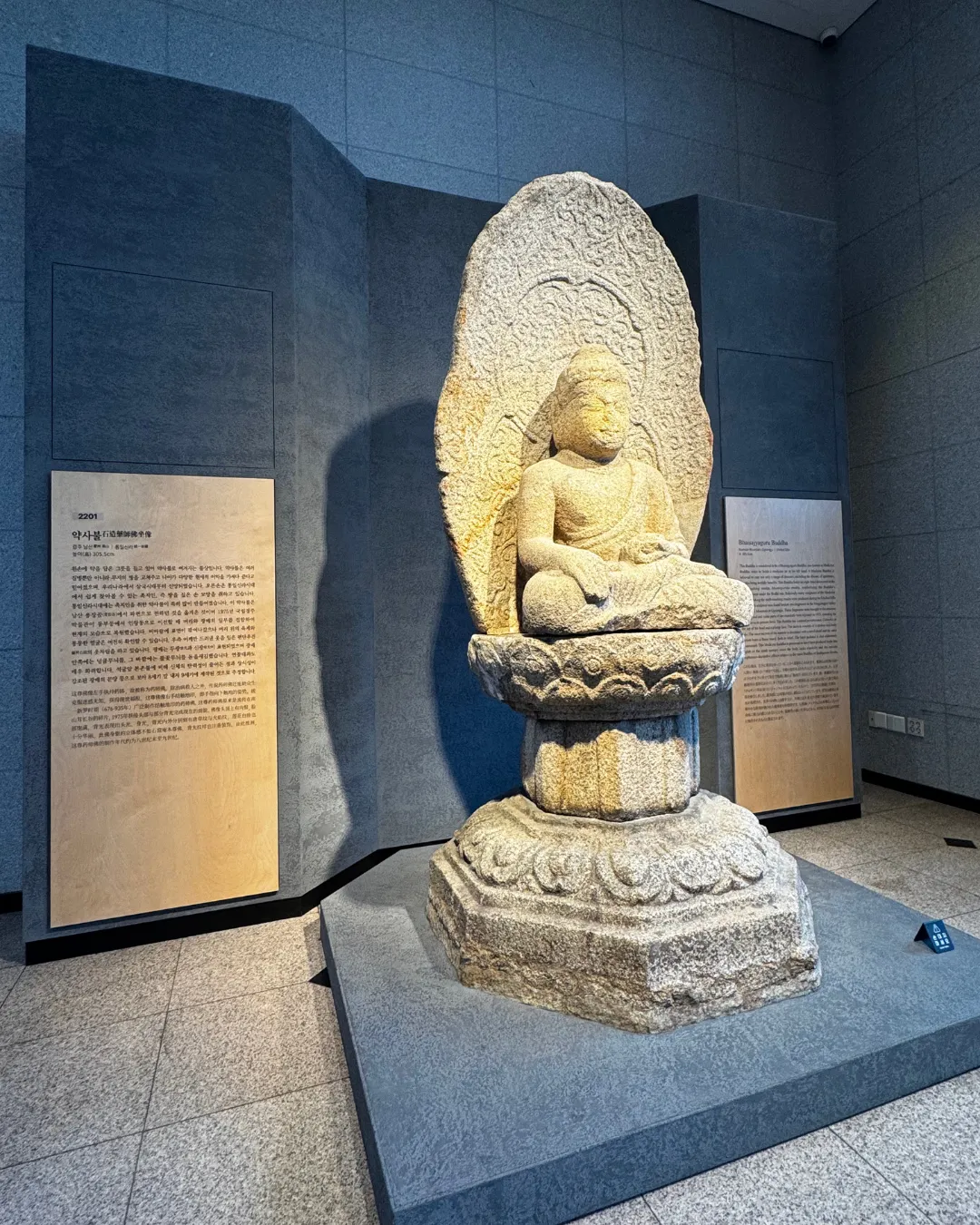
Ancient Wisdom and Modern Therapy: Reflections from South Korea
As I write this from South Korea during our family holiday, I'm struck by how quickly precious moments pass. We're in our second week here, immersed in experiences that feel both novel and profound – from exploring Korea's rich history to marveling at its impeccable natural beauty and savoring its cuisine. Everywhere we turn, creativity flourishes in artwork, design, and cultural expression.
Our trip coincided with Chuseok Festival, Korea's major celebration during the mid-autumn festival (the 15th of the 8th Lunar month). Despite initial challenges with sold-out train tickets to Gyeongju, a UNESCO heritage site, everything aligned perfectly in the end – a reminder of life's natural flow when we remain open to possibilities. I've felt incredibly fortunate throughout this journey!
Though rain and logistics prevented our visit to Bulguksa temple, learning about its history at the National Museum of Gyeongju deeply moved me. Seeing Buddha and Bodhisattva sculptures from the ancient Silla kingdom (700 CE) awakened something familiar within – a connection transcending time and culture.
The Bodhisattva Path and Modern Therapy
Bodhisattvas – those who achieve enlightenment yet choose to remain in human realms to benefit all beings – represent a profound commitment to service. While Buddhism's 2600-year journey has spawned various forms across cultures, its essential teachings remain unchanged, preserved through dedicated practitioners across lifetimes.
A Bridge Between Traditions
As both a Buddhist practitioner and therapist, I've noticed interesting parallels and occasional tensions between ancient wisdom and modern therapeutic approaches. Early in my Acceptance and Commitment Therapy (ACT) training, I encountered some resistance to Buddhism and meditation from certain trainers. While it's true that constant present-moment awareness of Self-as-Context might theoretically eliminate the need for formal meditation, the reality is that most of us still navigate our 'delusions' daily.
I appreciate Robyn Walser's perspective, emphasizing the importance of maintaining our practice to stay clear and present with both our own and our clients' processes. While ACT has successfully made Buddhist concepts accessible to contemporary audiences, I sometimes worry that people might miss the deeper invitation to personal transformation.
The Risk of Oversimplification
There's a risk in viewing ACT merely as a collection of techniques rather than an experiential pathway to deeper understanding of mind and our human existence. When people dismiss it as "just the techniques," they might also close themselves off from Buddhism's profound teachings about the nature of mind and liberation from human suffering.
An Invitation to Practice
As I prepare for our next destination, Jeju Island, I'm also beginning a 21-day meditation challenge. This isn't just about personal practice – it's about creating a community of practitioners who understand the value of consistent meditation in developing therapeutic presence.
Join me in this 21-day meditation challenge or consider sponsoring my practice. Let's develop the steadiness needed to work skillfully with whatever arises in our minds and our clinical work.
May you stay present and open to the luminous awareness within,
Poh
